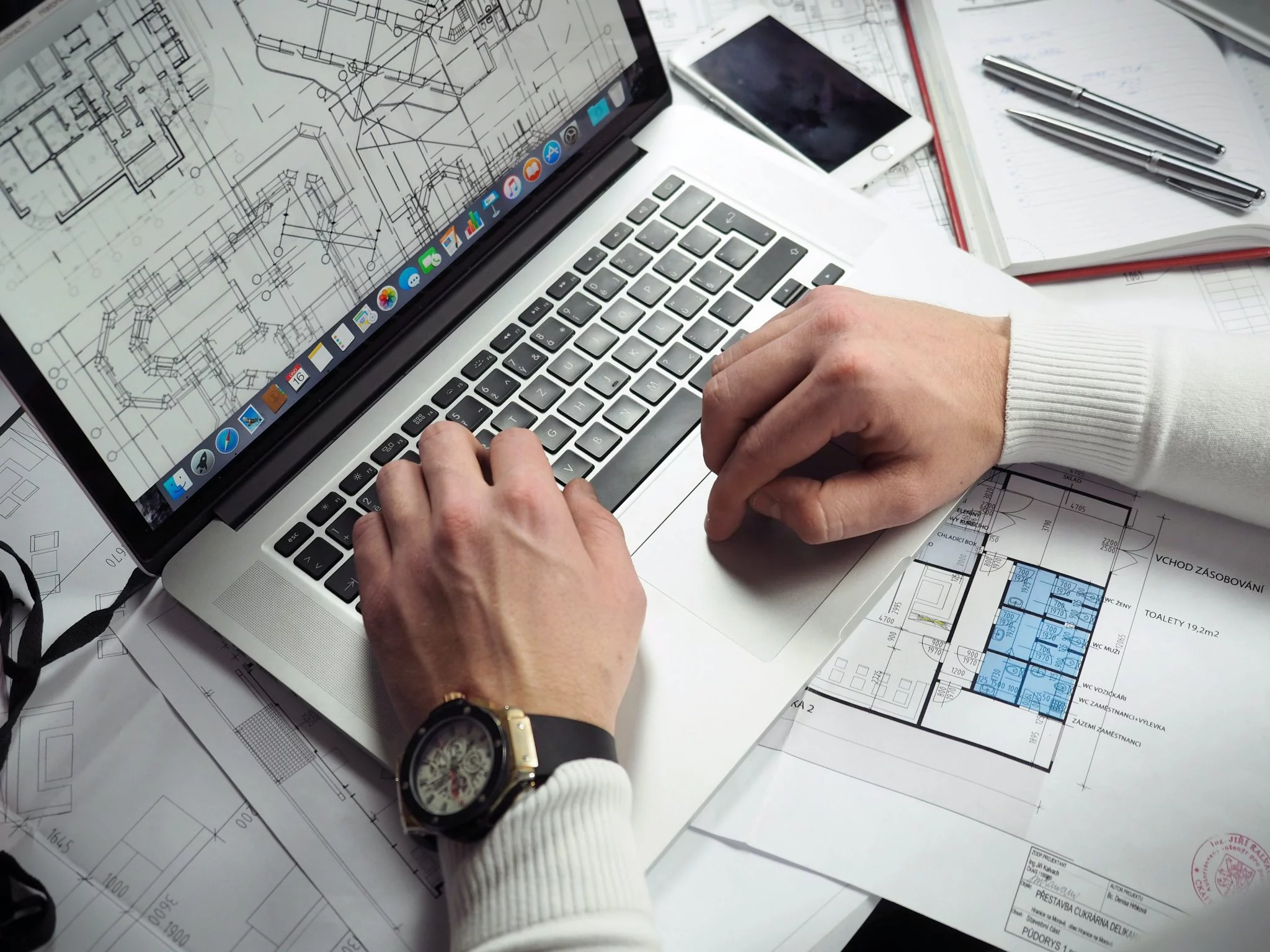An architect is a professional who designs and plans buildings, structures, and other physical spaces. Architects have a deep understanding of both the technical and artistic aspects of building design, and they work to ensure that the spaces they create are functional, aesthetically pleasing, and safe for occupants. Hiring an architect can help ensure that your building project is a success, both in terms of functionality and aesthetics.
Our blog helps you hire the dream architect for your organization in a quicker and smarter way. Make the interview process 3X better by asking the right questions. Spotlight the candidate’s skills, competencies, and talent like never before.
General Roles and Responsibilities of an Architect
The general roles and responsibilities of an architect can vary depending on the project, but some common ones include:
- Conceptualizing and designing buildings or structures: Architects are responsible for creating the initial designs for buildings and structures. They work closely with clients to determine their needs and create plans that meet those requirements.
- Ensuring compliance with building codes and regulations: Architects must ensure that their designs comply with local building codes and regulations to ensure the safety of the building’s occupants.
- Overseeing construction: They are responsible for overseeing the construction of the building to ensure that it is built according to their specifications.
- Collaborating with other professionals: Architects often work with other professionals, such as engineers and contractors, to ensure that the project is completed successfully.
- Managing budgets and timelines: Architects are responsible for managing budgets and timelines to ensure that the project is completed on time and within budget.
- Communicating with clients: Architects must maintain open communication with clients to ensure that their needs are met throughout the project.
- Conducting research and staying up-to-date on industry trends: Architects must conduct research to stay up-to-date on industry trends and ensure that their designs are innovative and relevant.
Skills and Experiences an Architect should have:
An architect should have a combination of skills and experiences to design functional, aesthetically pleasing, and safe structures. Some of the key skills and experiences an architect should possess are:
- Design Skills: An architect must have a strong sense of design and aesthetics, as they are responsible for creating structures that are both functional and visually appealing.
- Technical Skills: They must have a thorough understanding of building materials, construction techniques, and structural engineering to ensure that their designs are safe, stable, and durable.
- Communication Skills: They must be able to effectively communicate their ideas and designs to clients, contractors, and other stakeholders.
- Project Management Skills: They must be able to manage complex construction projects, including budgeting, scheduling, and coordinating with contractors and other professionals.
- Leadership Skills: They must be able to lead a team of professionals and manage complex projects with many moving parts.
- Creative Thinking: Architects must be able to think creatively to solve design problems and come up with innovative solutions.
- Knowledge of Building Codes and Regulations: They must have a deep understanding of building codes and regulations to ensure that their designs comply with all relevant laws and safety standards.
- Experience with Design Software: Lastly, they must be proficient in using design software such as AutoCAD, SketchUp, and Revit.
Architect Operational and Situational Questions
Here are some operational and situational questions that could be asked in an architect interview:
- How do you handle changes in the project scope during the design process?
- How do you ensure that your designs meet the safety codes and regulations?
- Can you describe a time when you had to deal with a difficult client or stakeholder? How did you manage the situation?
- How do you ensure that your designs are sustainable and environmentally friendly?
- Can you walk me through your process for selecting materials and finishes for a project?
- How do you ensure that your designs are functional and meet the needs of the client and end-users?
- How do you collaborate with other professionals, such as engineers and contractors, during the design and construction process?
- Can you describe a time when you had to work with a tight budget? How did you balance cost and design?
Architect Role-specific Questions
Here are some examples of role-specific questions that can be asked in an architect interview:
- Can you describe a time when you had to design a complex structure within a limited budget? How did you approach the project, and what were the challenges you faced?
- How do you ensure that your designs comply with local building codes and regulations?
- Can you provide an example of a project where you had to work closely with engineers, contractors, and other stakeholders to ensure successful project completion?
- Have you ever worked on a project that required you to consider sustainability and energy efficiency in your design? If so, can you describe your approach and the outcomes?
- Can you walk me through your experience in using various design software and tools, such as AutoCAD, SketchUp, or Revit?
- Can you describe your experience in managing projects from start to finish? How do you manage budgets, timelines, and resources?
- How do you ensure that your designs meet the client’s requirements and vision for the project? Can you provide an example of a time when you had to modify your design based on client feedback?
Architect Behavioral Questions
Here are some examples of behavioral questions that may be asked to an architect during an interview:
- Tell me about a time when you had to manage conflicting requirements from different stakeholders. How did you handle the situation?
- Can you describe a project where you had to balance design aesthetics with functionality and budget constraints?
- Give me an example of a time when you had to resolve a design issue or conflict with a client. How did you handle it?
- Describe a project where you had to coordinate with multiple contractors or subcontractors. How did you ensure everyone was on the same page?
- Can you share a project where you had to think creatively to solve a complex design challenge?
- Tell me about a time when you had to handle unexpected changes or challenges during a project. How did you adapt and overcome them?
- Give me an example of a project where you had to use your knowledge of sustainability and environmental considerations in the design.
Conclusion
Architects are professionals who design and plan buildings, structures, and physical spaces. They are responsible for creating functional, aesthetically pleasing, and safe spaces, ensuring compliance with building codes and regulations, and managing budgets and timelines. They must possess a combination of technical, design, communication, project management, leadership, and creative thinking skills.
To hire the right architect, recruiters should ask the right questions during the interview process, including operational, situational, role-specific, and behavioral questions. This can help to identify the candidate’s skills, competencies, and talents, ensuring a successful hiring process.



